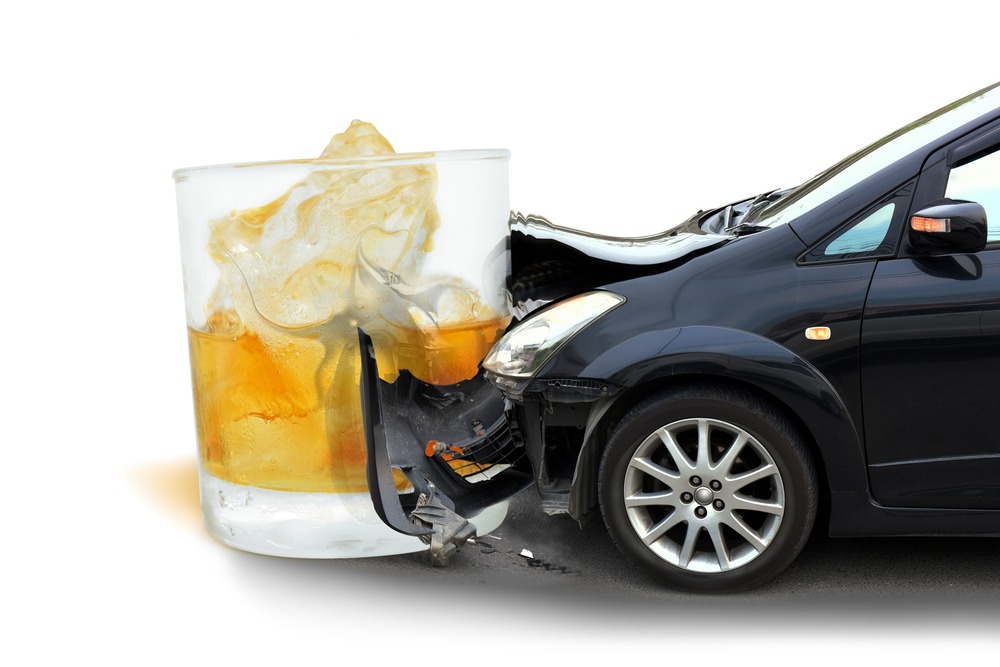Cases of drunk drivers or driving under the influence are declining as the years pass. Operating a vehicle while intoxicated or under the influence of drugs or alcohol is illegal in all states, and offenders face criminal charges.
Drunk driving accidents are some of the worst ones and result in high fatalities. Even those that don’t lead to death have severe consequences, resulting in lifelong injuries and disabilities. It is important to reach out to a Houston drunk driving accident lawyer after an accident to get advice on what to do.
How Law Enforcement Determines Drunk Drivers
There is a legal threshold applying to all 50 states on driving after drinking. A driver should not pass a blood alcohol concentration (BAC) level; 0.08 percent. Anyone driving with a higher BAC percentage can get arrested and charged for driving under the influence.
Drunk drivers face serious charges and legal consequences. Driving while drunk impairs your judgment and endangers others on the road. Since other factors affect blood alcohol concentration, such as age, weight, and height, law enforcement can use different methods to determine drunk drivers.
The first way officers do this is through observation. Even someone without a high BAC can be driving erratically or ignoring traffic signs. Police officers also look at your behaviors, such as slurred speech and lack of coordination, to determine your sobriety. Another way to determine this is by conducting a Field Sobriety Test.
Field Sobriety Test
This is a test conducted by law enforcement to determine whether the driver is intoxicated.
The test follows three standard procedures:
- Horizontal Gaze Nystagmus: When conducting this test, law enforcement asks the potential drunk driver to use their eyes to follow an object, such as a pencil. They can only move their eyes slowly from side to side. If they fail to follow it or their gaze jerks around distinctly, this is seen as an intoxication sign.
- Walk and Turn Around Test: The officer asks the driver to walk nine steps back and forth. The officer then looks at the person’s behaviors, such as failing to balance and miscounting steps to judge their intoxication.
- Standing on One Leg: The driver stands on one leg for some time. A sober driver should be able to stand straight without hopping or using their arms for balance.
While these tests can work sometimes, they might not always be the best way to determine sobriety. Some people might have neurological conditions or disabilities that prevent them from performing the tests accurately.
Breath Alcohol Test
This is the most accurate test law enforcement officers can use to determine intoxication. They use a breathalyzer to measure a person’s blood alcohol content. You breathe into the breathalyzer, which then gives a figure of your alcohol content.
Why Should You Contact a Houston Drunk Driving Lawyer?
Drunk driving tests are sometimes not the most efficient, especially when done quickly. If you suspect an accident occurred because the driver was intoxicated, you might need to reach out to a Houston drunk driving lawyer. The lawyer can work with law enforcement to determine whether it was a drunk driving accident or not.
You can also incur severe injuries and other damages from the accident and need compensation to cover the damages. Getting a drunk driving accident lawyer to represent you ensures your interest are at the forefront. Your lawyer can ensure that you get a fair settlement that takes care of all issues arising from the accident.
Reach out to the lawyer soon after the accident. You can even fill out a free case evaluation form to get a free consultation. Tell your lawyer everything you remember about the crash, such as the driver’s condition and how fast they were driving.
What Damages Can You Recover?
Establishing fault in a drunk driving accident is not too complicated, especially if tests show the BAC. Despite this, recovering damages is not always as smooth as you think. That is why a Houston drunk driving accident lawyer is necessary. The lawyer puts pressure on the insurance company and the responsible party to help you recover your damages.
The two main damages you can recover are compensatory and punitive. Compensatory damages cover any damages in an accident, whether alcohol was involved or not. Punitive damages are there to punish the at-fault party for their negligence further.
Compensatory Damages
These are the specific and general damages you incurred from the accident. They help make up for your financial loss.
They include:
- Medical expenses: This covers the costs of treating your injuries. Keep receipts and documentation of these bills to help your Houston drunk driving accident lawyer when pursuing compensation.
- Loss of income and loss of ability to earn an income: You might need time off work to recover from the accident, leading to lost wages or losing your earning capacity from a severe disability. Your lawyer can help you get compensation from the responsible party.
- Mental anguish, pain, and suffering are general damages that primarily affect your emotional and mental well-being. You can get this compensation to cover your loss of independence or loss of enjoyment of life. It also covers any mental health impairments and the related treatments.
Punitive Damages
These are there to discourage drunk drivers from doing the same thing again. A Houston drunk driving accident lawyer can help you recover punitive damages. They might need to present your case in court and can use the at-fault party’s record as official damages. The judge or jury can use this driving record to determine whether the at-fault driver should pay punitive damages.
Dolman Law Group Drunk Driving Lawyers Are Ready to Help
There is no need to go through the legal processes alone. Our Houston drunk driving accident lawyers can walk you through the process. Call us to get started on your case today!
Houston Office
6330 Gulf Fwy Suite 110
Houston, TX 77023
Phone: (281) 524-4370

